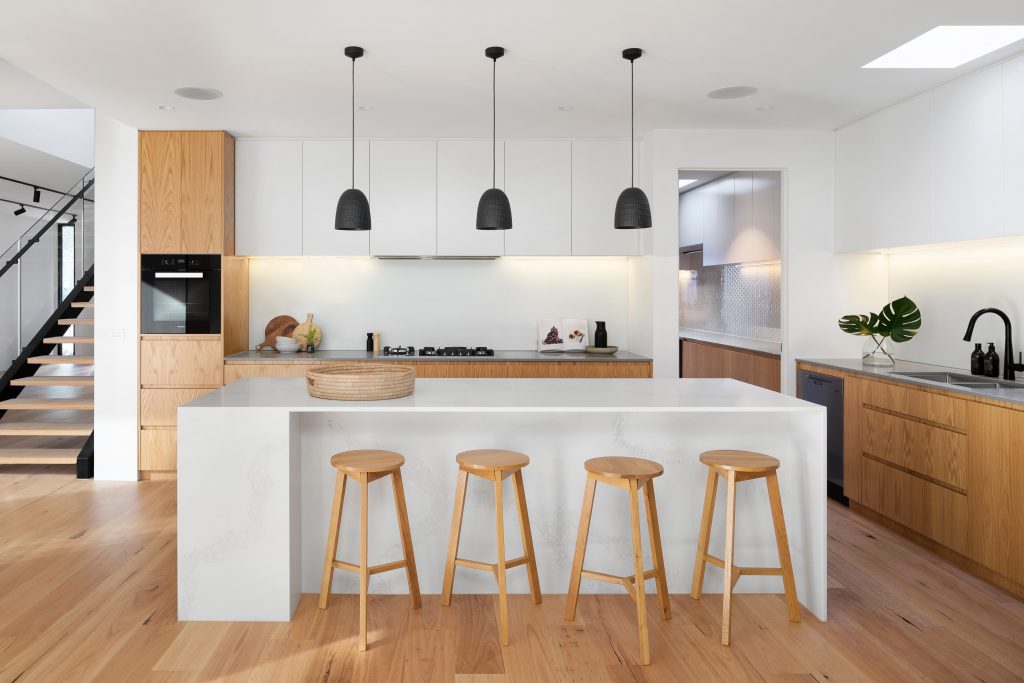April-May Industry Updates
Welcome to our April Newsletter
Each month, we’ll be digesting market news and sending you our best summary – so you can keep your finger on the pulse and only read what’s relative and important.
There is already lots of information out there, so we don’t want to regurgitate it all for you – but we will aim to translate it in plain English and actually tell you what it means and how it might affect you, so you can make better, more informed decisions.
And of course, we are always here if you want to chat about anything in more detail.
What a month to start on, we have a lot to unpack and to say there have been some changes in the property market lately is an understatement.
It’s very difficult to argue that house prices are increasing at a sustainable rate and that the massive increase in values across the country will continue forever.
No one is denying that.
We cant help but feel that investors have become the punching bag for the bigger problems associated with housing affordability which is that we simply can’t build enough houses and haven’t
for decades.
The cost of construction and red tape seem to be the biggest hand break.
Our issue with these changes is that the property investors that we see on a daily basis are really hard working Kiwi’s trying to get ahead by investing in property and that these changes announced on the 23rd March could have a significant impact on them.
80% of investors only own one property but it seems like the picture the Government is painting is that an investor is someone driving around in a Bentley.





